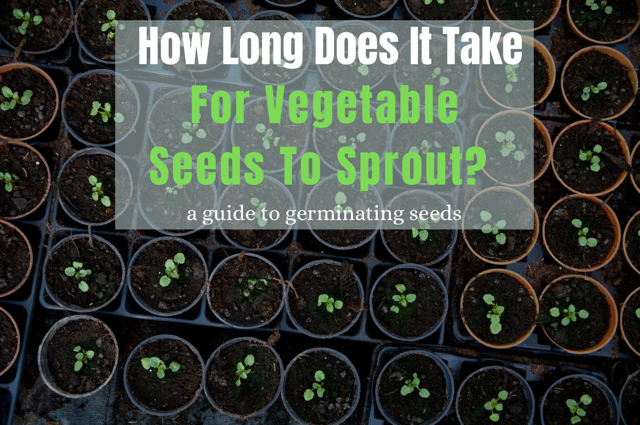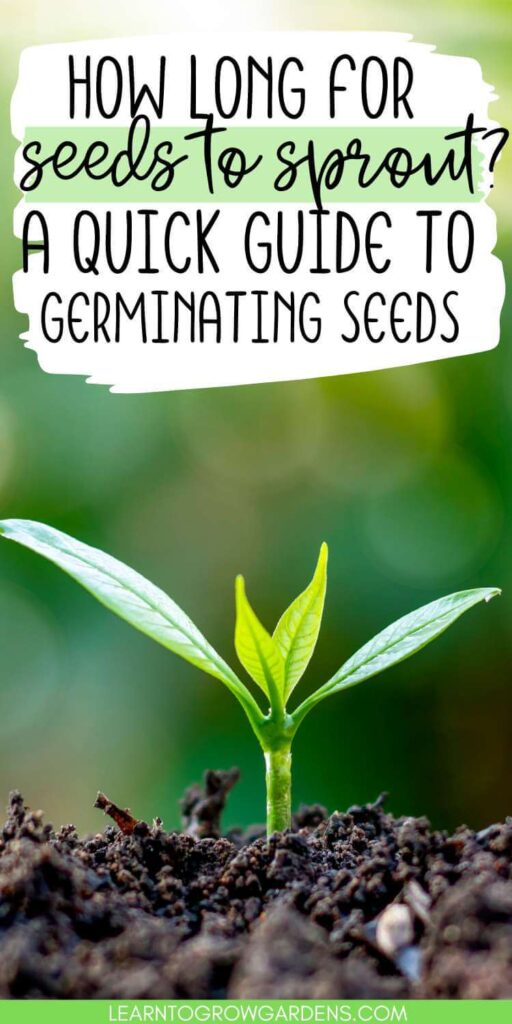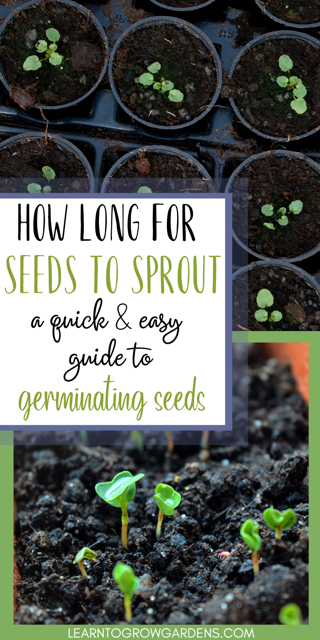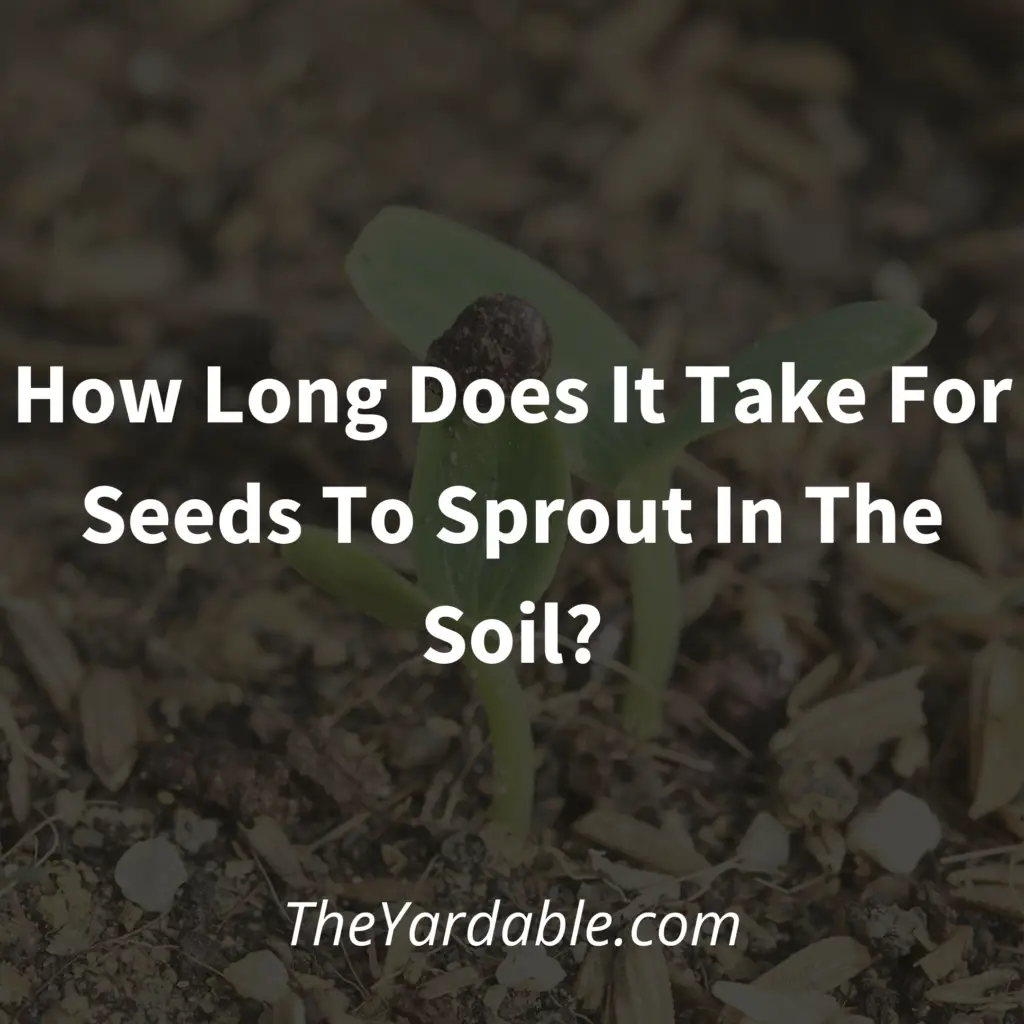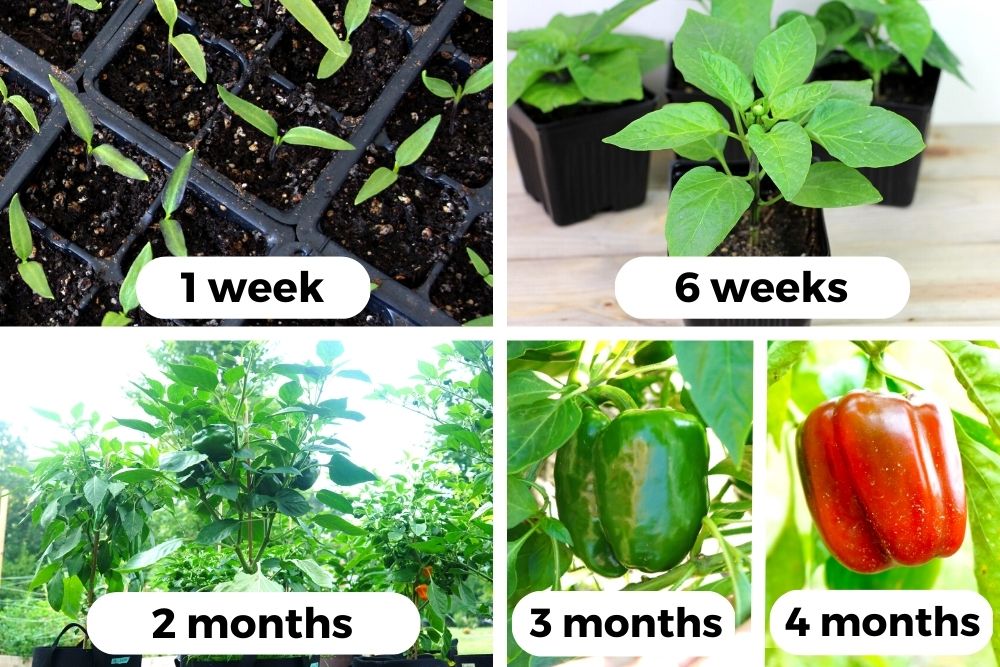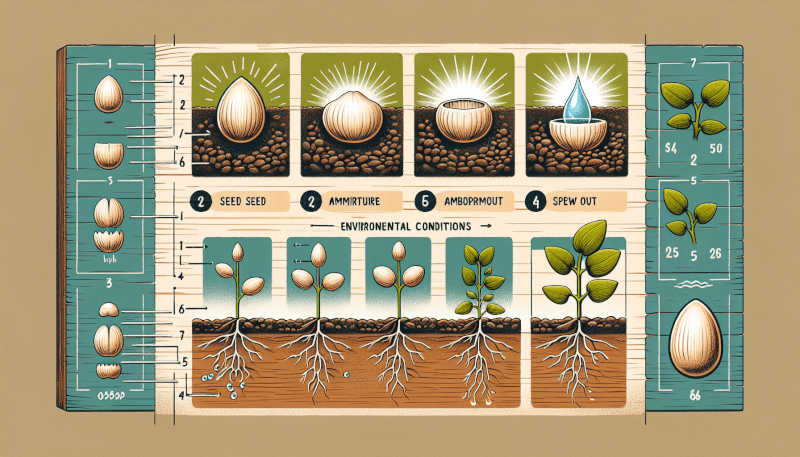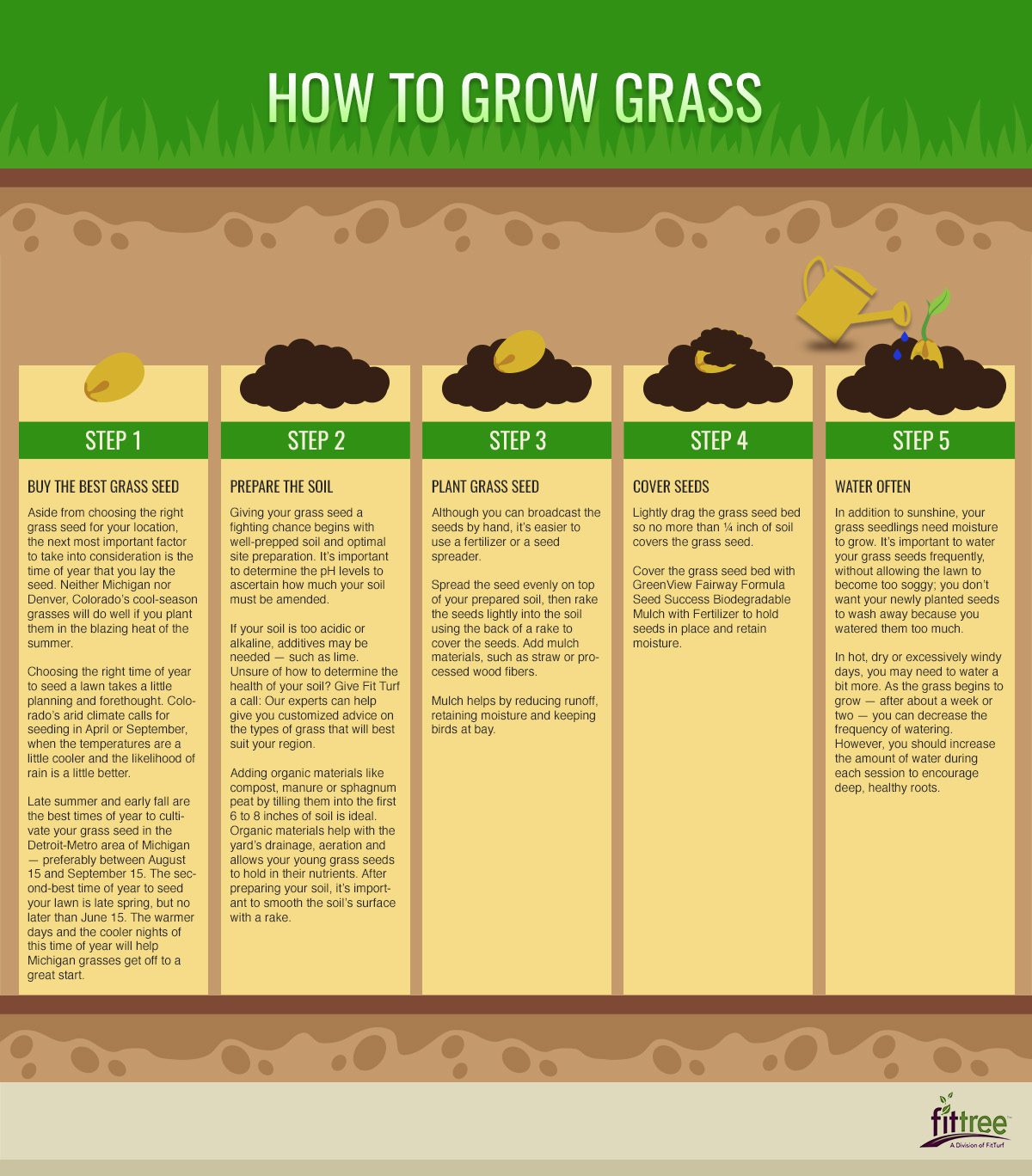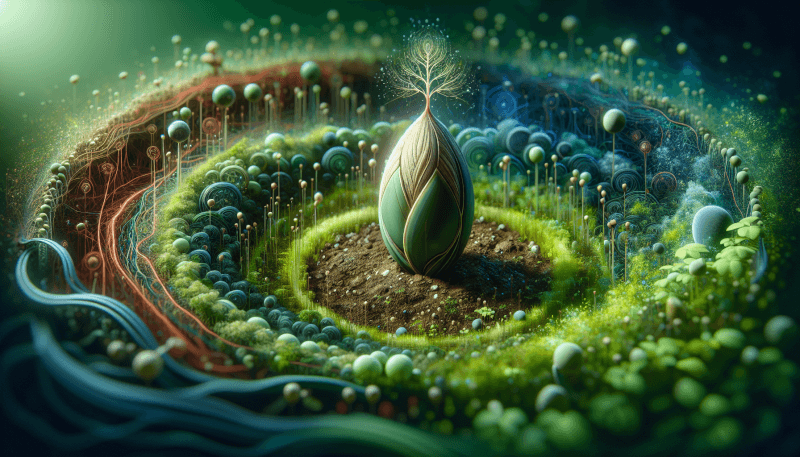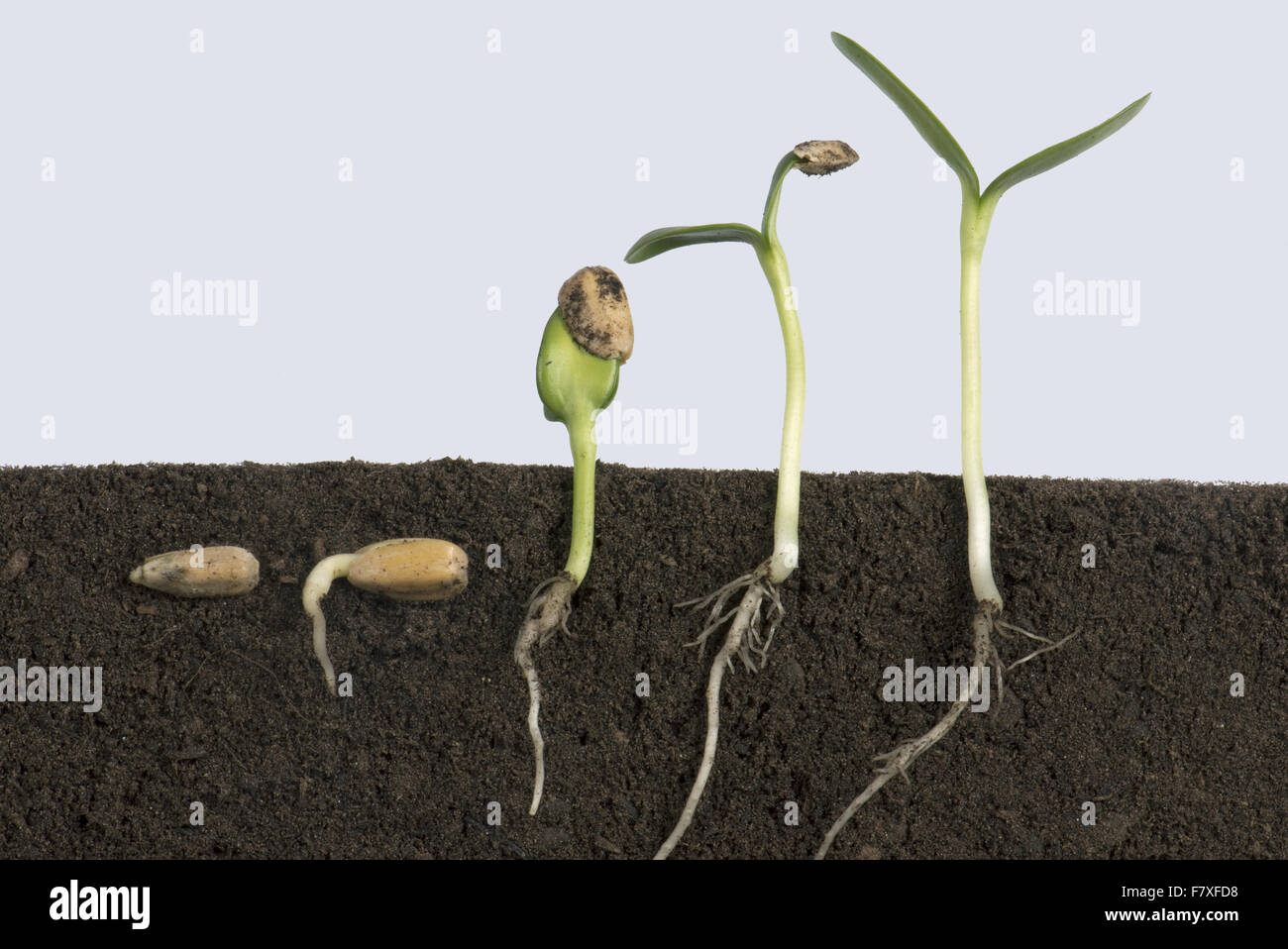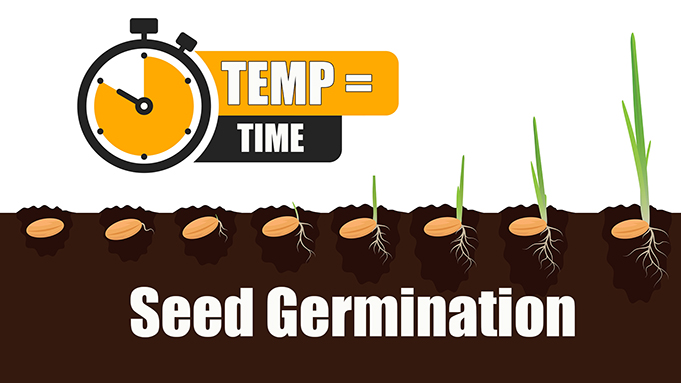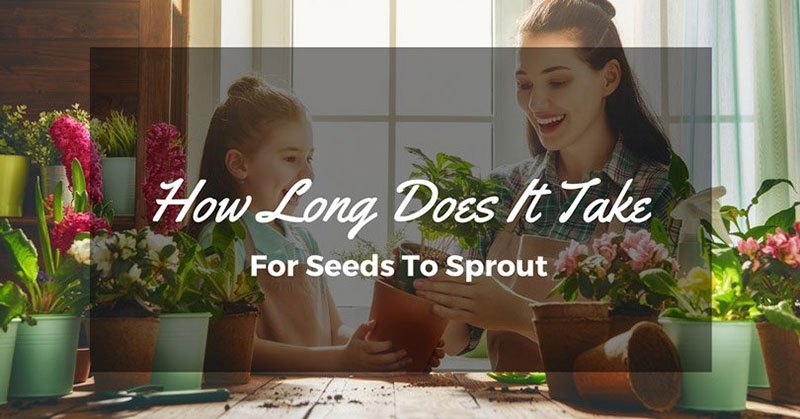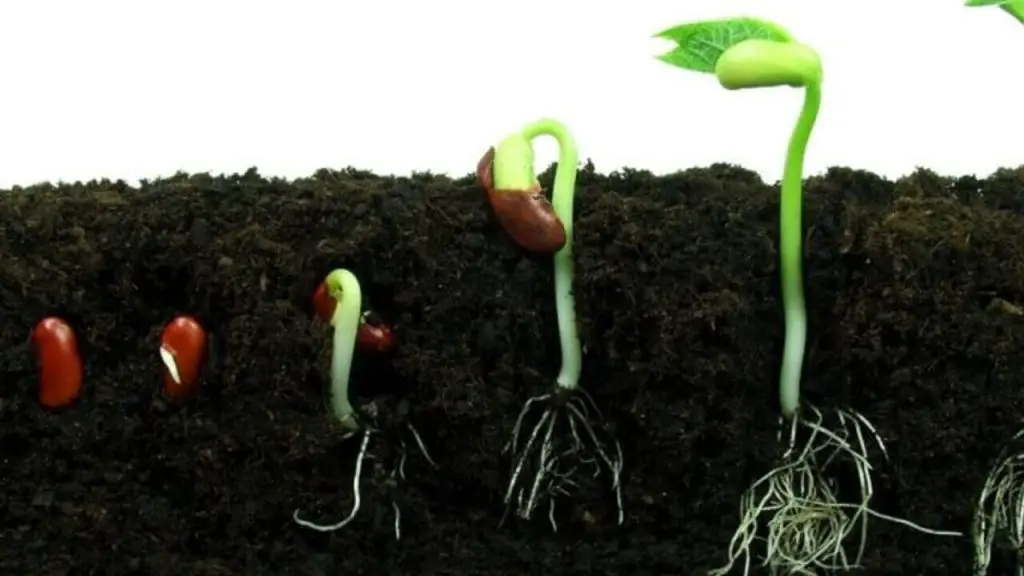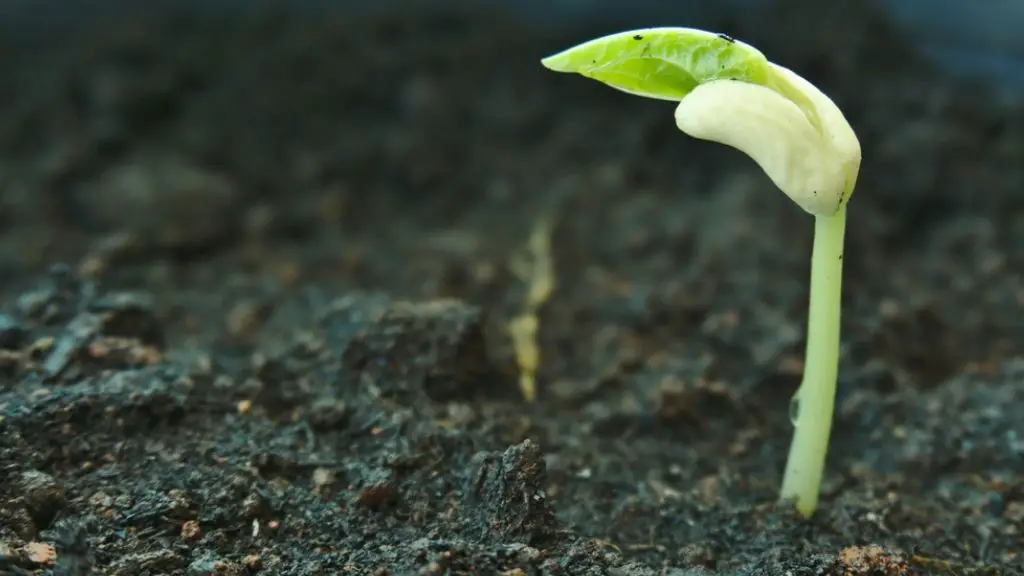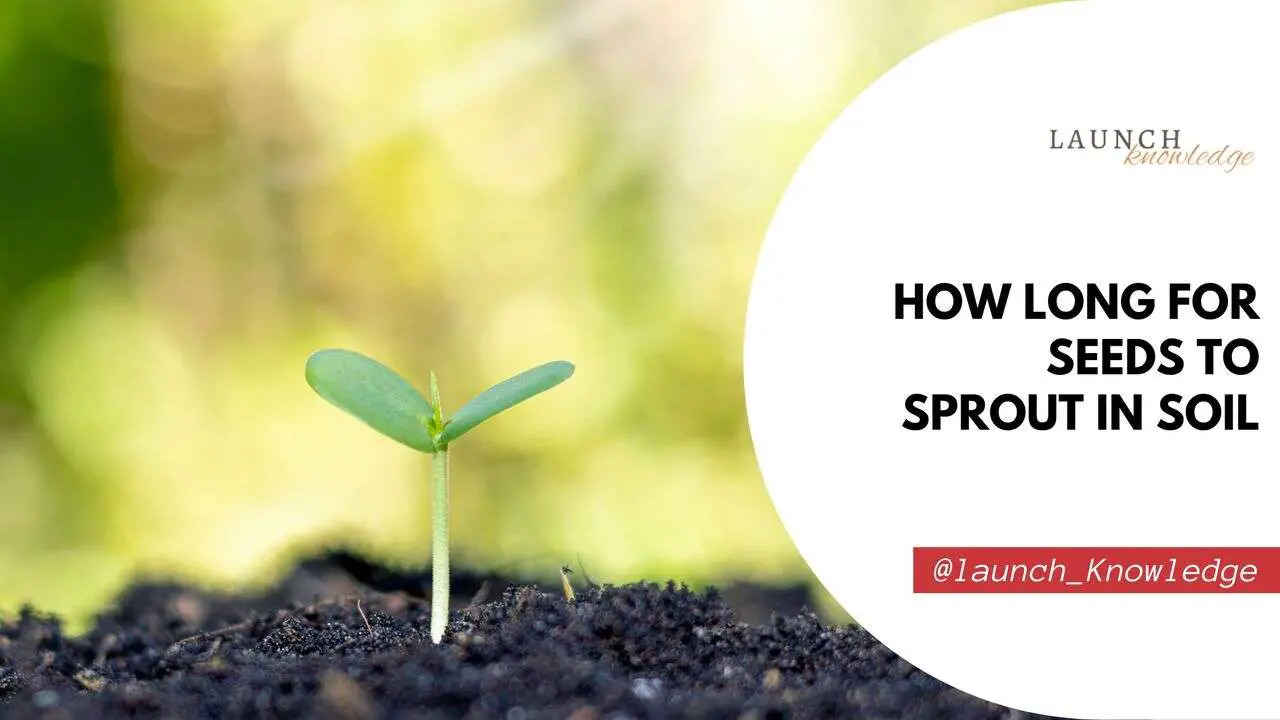How Long For Seeds To Sprout
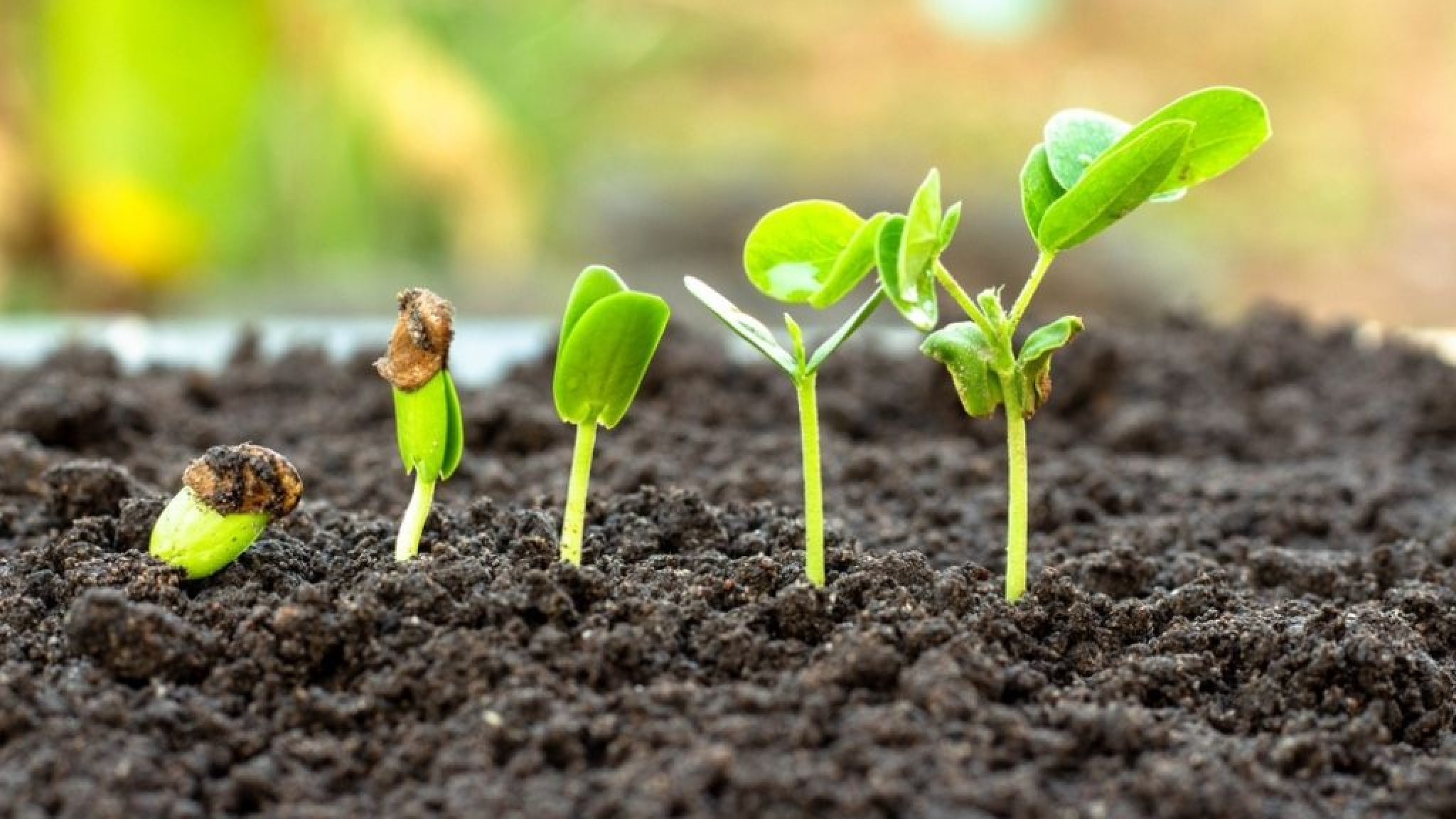
The anticipation of a new garden, filled with vibrant flowers or nourishing vegetables, often begins with the humble seed. But the question that plagues many gardeners, both novice and experienced, is: How long will it take for these seeds to actually sprout?
The answer, unfortunately, isn’t straightforward. Sprouting time varies widely depending on a multitude of factors, including the specific type of seed, environmental conditions, and even the quality of the seed itself. Understanding these variables is crucial for setting realistic expectations and ensuring successful germination.
The Key Factors Influencing Germination Time
Several key factors play a vital role in determining how long it takes for a seed to sprout.
Seed Type
Different plant species have vastly different germination timelines. Radishes, for example, are notoriously quick to sprout, often emerging within 3-5 days. Conversely, some herbs like lavender can take several weeks, or even months, to show signs of life.
The University of California Cooperative Extension emphasizes the importance of researching the specific germination requirements for each seed variety. Knowing this information beforehand is essential for providing the optimal conditions for successful sprouting.
Temperature
Temperature is perhaps the most critical factor affecting germination. Each seed type has an ideal temperature range for optimal sprouting.
Too cold, and the seeds may remain dormant or rot. Too hot, and they may be damaged or fail to germinate. The Royal Horticultural Society (RHS) advises checking seed packets for recommended temperature ranges and using heat mats or propagation trays to maintain consistent warmth, especially for heat-loving plants like peppers and tomatoes.
Moisture
Adequate moisture is essential to trigger the germination process. Seeds need to absorb water to activate enzymes that initiate growth.
However, overwatering can be equally detrimental, leading to fungal diseases and seed rot. Maintaining a consistently moist, but not waterlogged, environment is crucial. A good rule of thumb is to keep the soil surface slightly damp to the touch.
Light
While not always necessary for germination itself, light plays a role for some seeds. Certain seeds, like lettuce, actually require light to germinate, while others prefer darkness.
Information on the seed packet will often specify whether a seed is "light-dependent" or requires darkness for germination. If light is required, simply sow the seeds on the surface of the soil without covering them. If darkness is preferred, cover the seeds lightly with soil.
Seed Quality and Age
The age and quality of the seeds themselves significantly impact their germination rate. Older seeds may have a lower viability, meaning a smaller percentage of them will successfully sprout.
Seeds should be stored properly in a cool, dry place to maximize their shelf life. The USDA (United States Department of Agriculture) recommends purchasing seeds from reputable suppliers to ensure they are fresh and of high quality.
Troubleshooting Common Germination Problems
Even when all the recommended steps are followed, germination problems can still arise. Here are some common issues and how to address them:
Poor Quality Seeds
If you suspect your seeds are old or of poor quality, consider performing a germination test. Place a small number of seeds between damp paper towels, keep them moist, and observe them for sprouting over the expected germination period.
If very few or none of the seeds sprout, it's likely time to purchase a fresh batch.
Improper Watering
Adjust your watering habits based on the specific needs of the seeds and the surrounding environment. Use a spray bottle to gently mist the soil surface to avoid disturbing the seeds.
Ensure proper drainage to prevent waterlogging.
Incorrect Temperature
Monitor the soil temperature using a soil thermometer. If the temperature is too low, use a heat mat. If it's too high, move the seedlings to a cooler location.
Pest and Disease
Protect seedlings from pests and diseases by using appropriate organic pest control methods. Ensure good air circulation to prevent fungal diseases.
The Patience Game: A Gardener's Virtue
Gardening requires patience, and the germination process is no exception. It's crucial to avoid the temptation to constantly dig up seeds to check on their progress, as this can disrupt the delicate sprouting process.
Keep the soil consistently moist, maintain the appropriate temperature, and trust that nature will take its course. Observing seedlings emerge from the soil is a rewarding experience, a testament to the miracle of life and the enduring power of nature.
By understanding the factors influencing germination time and troubleshooting common problems, gardeners can significantly increase their chances of success and enjoy the fruits (or vegetables, or flowers) of their labor.

